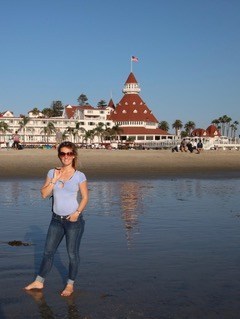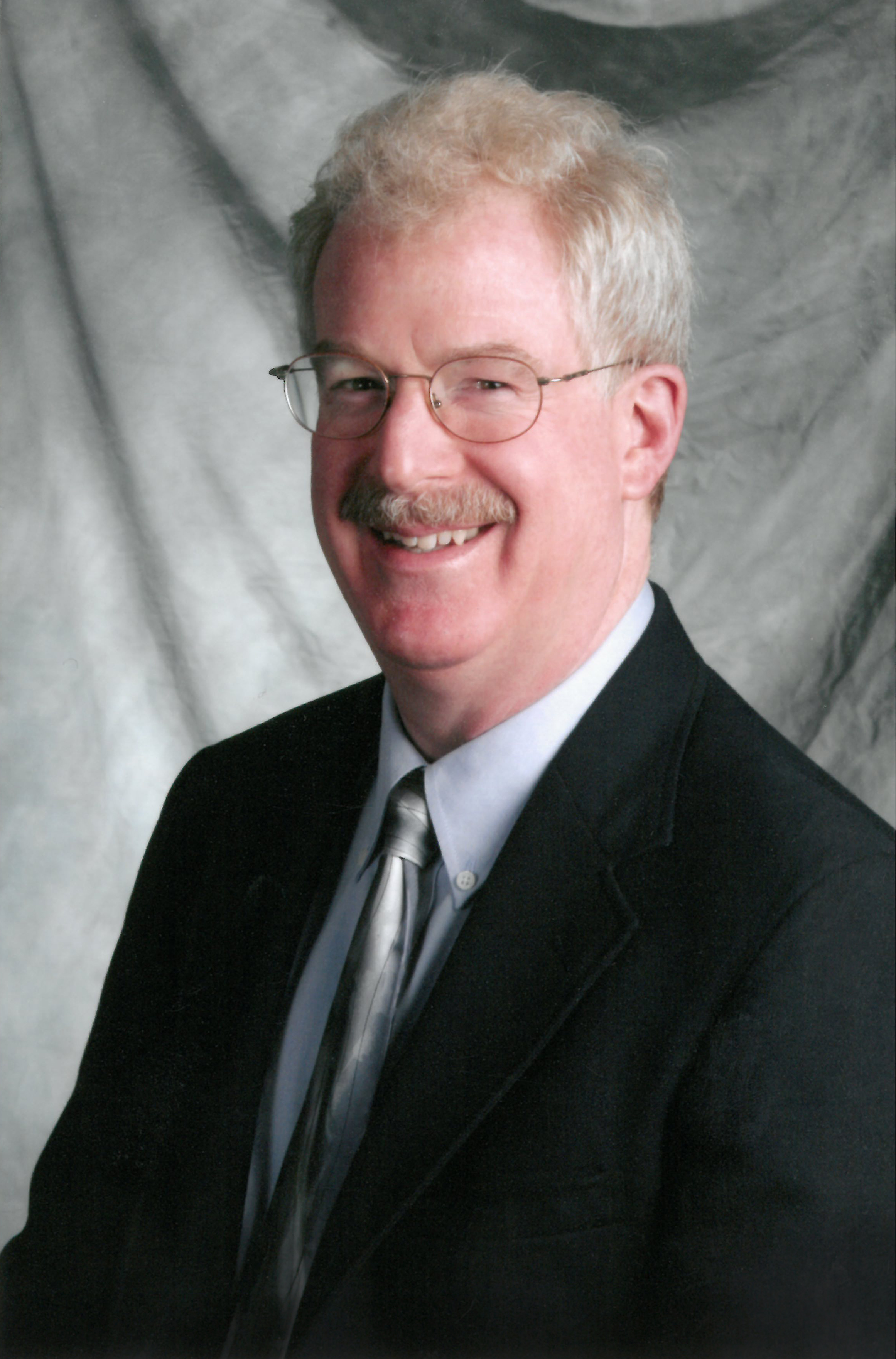By Shannon Lynn Burton, Ph.D.
Associate University Ombudsperson, Michigan State University
Through the International Ombudsman Association (IOA), ombuds around the world learn their roles and connect with others in the field through the annual conference, training, and webinars, as well as through the various publications sponsored by IOA. These interactions allow us to network with individuals both in and outside our professional sector. However, for some, the large conferences might seem overwhelming and might not address the particular needs of a sector or issue. To meet these needs, sector-specific or region-specific meetings have emerged. These meetings allow for greater connection within sectors or regions and create a space for deeper conversation about specific issues. These groups, some of which are informally part of the larger IOA umbrella, can be defined as “communities of practice.” In 1991, theorists Jean Lave and Etienne Wenger coined the term “communities of practice” in their work examining legitimate peripheral participation. Legitimate peripheral participation describes the ways in which newcomers to a group become experienced members through low-risk activities whereby they become familiar with the organization, values and language of the group or community. Individuals form “communities of practice” when they engage in collective learning or in a shared human endeavor.
This past June, two such communities of practice met at Michigan State University. The first was the Summer Meeting of Academic Ombuds, a group that has met for the last 15 years to discuss ideas and support networking among those in the academic sector. A smaller group, the Michigan Caucus of Educational Ombuds, met for the third time to examine issues particular to their expanding group, as well as needs particular to those in the State of Michigan. MSU extended their hospitality as the kick-off to the celebration of the 50th year of their ombuds office, but more importantly, to contribute to these particular communities of practice.




